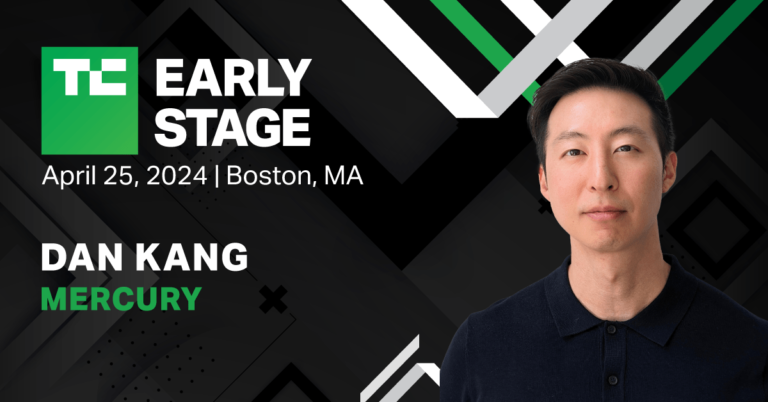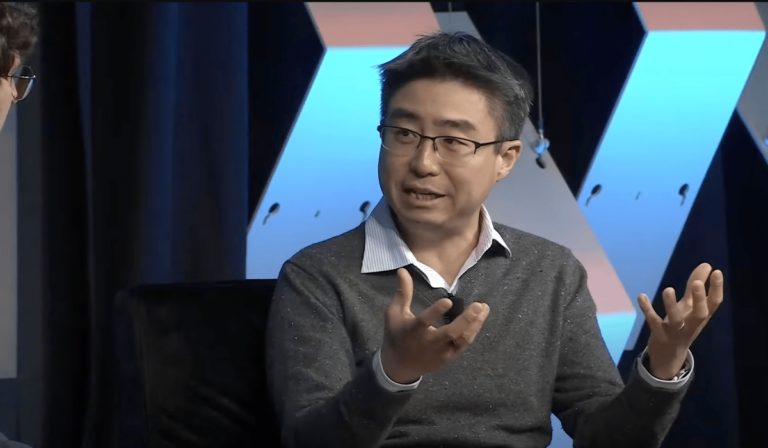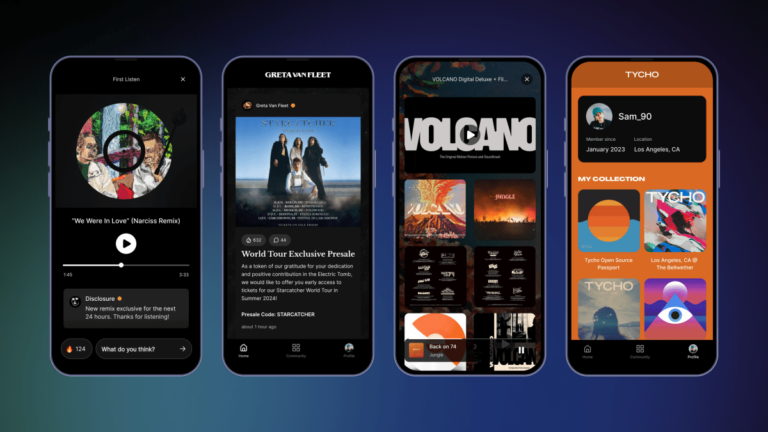
Long-time Android Engineering VP Dave Burke said today that he is stepping down from the role.
Burke, who spent 14 years building Android, is not leaving Alphabet and is exploring “AI/bio” projects within the company.
Burke was involved in pivotal projects, including building Nexus/Pixel phones, developing Chrome for mobile phones, starting Android TV, and spearheading efforts to build and ship developer tools.
“So… after 14 yrs leading Android engineering, I’ve decided it’s time for a change.
So… after 14 yrs leading Android engineering, I've decided it's time for a change.

TechCrunch Early Stage is gearing up for another insightful event on April 25, and one roundtable session promises to be particularly illuminating for early-stage founders.
Titled “Finance Fundamentals Before Your First Finance Hire: A Founder’s Guide to Navigating Early Financial Decisions,” this roundtable will offer invaluable insights into navigating the financial complexities that often accompany the early stages of startup ventures.
Led by Dan Kang, the vice president of finance at Mercury, this roundtable aims to demystify the core aspects of early-stage financial management.
With years of experience in building and scaling fintech companies, Kang brings a wealth of knowledge to the table.
Secure your spot at TechCrunch Early Stage today to take advantage of this invaluable opportunity to learn from industry experts like Dan Kang.

Should artists whose work was used to train generative AI like ChatGPT be compensated for their contributions?
OpenAI is in a delicate legal position where it concerns the ways in which it uses data to train generative AI systems like the art-creating tool DALL-E 3, which is incorporated into ChatGPT.
“Training AI models using publicly available internet materials is fair use, as supported by long-standing and widely accepted precedents,” writes the company in a January blog post.
OpenAI has licensing agreements in place with some content providers, like Shutterstock, and allows webmasters to block its web crawler from scraping their site for training data.
In addition, like some of its rivals, OpenAI lets artists “opt out” of and remove their work from the data sets that the company uses to train its image-generating models.

From a fan perspective, although there are plenty of ways to follow and connect with artists, these online interactions can be minimal.
Artists will soon also be able to sell new exclusive and limited-edition digital collectibles/NFTs like poster bundles and trading cards.
Medallion is free for artists to use but takes a percentage of all sales on the platform, yet didn’t disclose how much.
Additionally, Medallion is a white-label platform, meaning artists can customize their digital space with their own color theme, background and more.
Artists communicate with fans through social media posts, while fans can reply in the comments.







